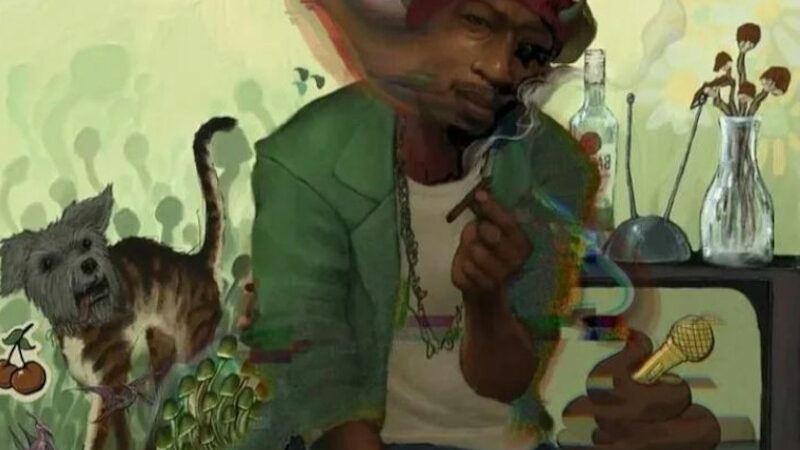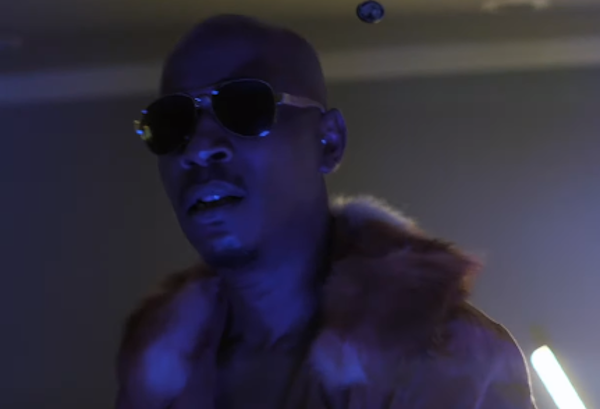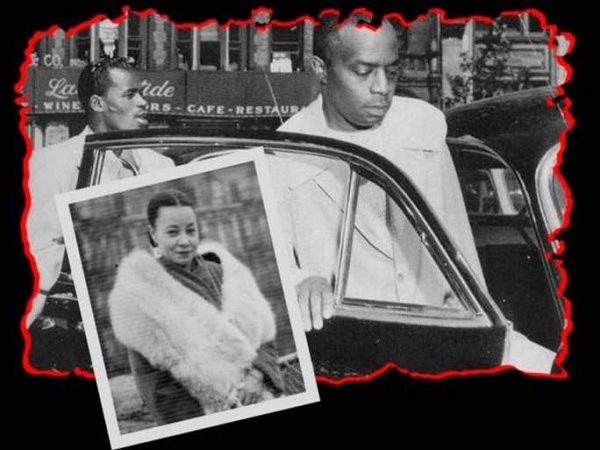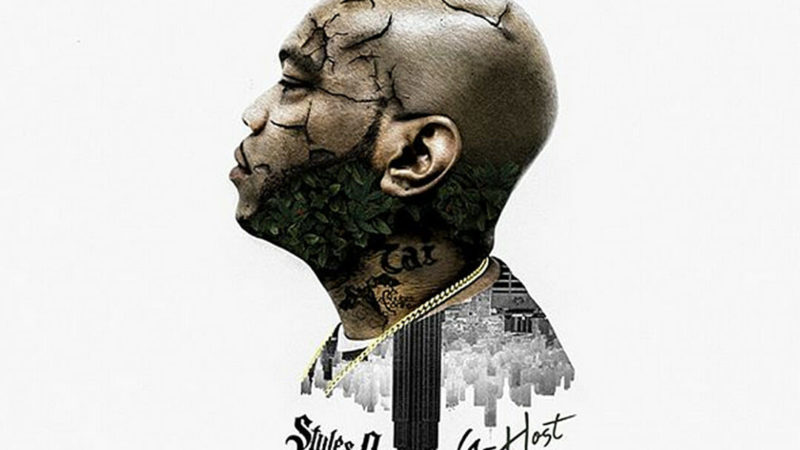Guard House Pictures has announced the February 2011 release of Cry Baby: The Pedal That Rocks The World, a documentary tracing the history of the wah wah pedal from 1966 through modern music.
Amongst the guitarists featured in the film is Dennis Coffey, who brought the wah to Motown. Coffey was one of the legendary Funk Brothers, the studio band that played on countless Motown recordings. His distinctive sound is heard on classic tracks like the Temptations’ “Cloud Nine” and “Ball Of Confusion,” and so many other hits that came out of the Detroit recording studio known as the Snake Pit.
Coffey charted hits on his own, including the million-selling instrumental “Scorpio” and the soundtrack to Black Belt Jones. His discography includes session work with Edwin Star, the Isley Brothers, Freda Payne, and a host of production work for other artists.
Dennis Coffey- “Scorpio” Dennis Coffey-Scorpio
In 2002, he was part of the award-winning Standing in the Shadows of Motown documentary, and in 2004 he published his memoir, Guitars, Bars and Motown Superstars. He also began a series of podcasts, Premium Blend, in which he discusses his years with the Funk Brothers and other projects.
Coffey is working on a new album that features guest appearances from Mayer Hawthorne, Orgone, Kings Go Forth and others. It will be released in late April on Strut Records and followed by an international summer tour.
Planet Ill spoke with Dennis Coffey about the Motown legacy, session work, his passion for guitar and the history around the music.
Planet Ill: How has being in the studio changed for you and stayed the same?
Dennis Coffey: It’s interesting, because I spent most of my life in the studio, so it’s fun. I lay down solos and work on riffs. I always try to raise the bar on myself. During the last five years I decided I wanted to play traditional jazz, so I listen to Miles Davis, John Coltrane, Wes Montgomery, and I’ve done some work with a traditional jazz band doing swing. The more I’m in it, the higher it raises the bar. I’m always tweaking my interests.
Planet Ill: Where do you see the biggest connection between jazz and R&B?
Dennis Coffey: Jazz is about improvised solos, and with funk and R&B, if you do it instantaneously, you improvise solos over R&B grooves. What’s interconnected is that the background for the solo arrangements of funk and jazz is often gospel and blues, and I’m fortunate to be able to go back and forth between both genres.
Planet Ill: In your book, you describe the first gig you ever played. You were at school and they pulled the plug on you while you were feeling the excitement of the audience and playing to the crowd. Do you still get that feeling?
Dennis Coffey: Yes, I do, because when I play a place that’s packed with people who are yelling after the solos, it’s very cool.
Planet Ill: Are you constantly rediscovering the guitar?
Dennis Coffey: As you go through the stages of learning, it speaks to you in different ways. You learn more chords and scale applications, your eyes are closed, things show up on the instrument and you wonder, “Where did that come from?” It’s discovery. Last night [at a gig], I found grooves I had never played before with our organ player and drummer. You evolve as a player over time, and you discover and rediscover and learn new things.
[pro-player width=’425′ height=’344′ type=’video’]www.youtube.com/watch?v=Q86TT0Y8j10[/pro-player]
Planet Ill: The Funk Brothers were making music during turbulent years. Were you aware of the racial walls you were breaking down in the Snake Pit?
Dennis Coffey: We were colorblind. We had black and white musicians working together at Motown and we were friends. Things were happening and we knew it, but in the studio we hung out together, had lunch together, played gigs together at night, and we looked at each other as friends. There was teamwork within the band.
Planet Ill: What did being a Funk Brother teach you about being a team player?
Dennis Coffey: Usually, musicians don’t ask about teamwork or studio sessions anymore because so many of them play in bands, and in the studio it’s one musician at a time and they overdub everything. It’s not the whole band playing together live, so to them it’s about overdubbing a guitar part. I use teamwork with my live musicians. We play together and don’t overpower each other. You have to give the other guys room and back each other up when you’re not taking a solo. Nobody should be front and center all the time. Some musicians don’t understand that, and if you don’t understand that, you will get fired because people will get irritated.
Planet Ill: You said about [Motown producer/songwriter] Norman Whitfield, in reference to breakdowns, “He’d let me do what I wanted to do.” There’s an art to knowing what to do and what not to do, when to play and not play. At what point did you learn how to do this?
Dennis Coffey: Here’s how it evolved. I had played on hit records before I came to Motown. The music in front of you when you’re playing a session is a roadmap. You play it through, and you get skilled in session work and doing non-intrusive fills on the offbeat, because the singer is on the beat. We got good at playing little parts that did not interfere with the vocals. Norman let me create intros, like on “Ball Of Confusion,” where he said, “Put something in the front of this.” I’d go back and read the chart, and if there was a breakdown, he’d cue me in and on the fade he would say, “Take a solo,” and he could use what he wanted.
Planet Ill: Did you have any idea that you were making history?
Dennis Coffey: We were having fun making music and doing three-hour sessions, 50 to 60 songs a week, and all we thought about was, “Did someone call us for tomorrow?” and “Did we make a good record?” The records were hits, and as musicians, you live for the day-to-day things that you’re doing, and do you get return calls and are the people you work for happy with your performance. History? None of us had any idea of the magnitude Motown would get to.
Planet Ill: Of course, everyone asks you about Black Belt Jones. So-called “blaxploitation films” are not historical cinematography, but the soundtracks survive, the movies are still referenced and the music is classic. Why the longevity?
Dennis Coffey: Nowadays, you have people playing computer-generated music. It’s sterile, it’s linked to the pulsation of a time code, nothing moves. It’s all linked to a computer system, and even if you have a few live instruments, you still have a drum machine. It’s not human. With Black Belt Jones we got into the studio at Warner Brothers and I had first-rate musicians. I decided I wanted to do something different with the voices. I wanted a four-counterpoint breakdown with the women and the men through the wah.
Again, we recorded the band at the same time and added the voices later. We had great horn and string arrangements, and that was the result. Music, to me, is what makes us human, and when humans play together in groups, people respond to it. When I play funk with a live band, the audience gets it. The place is packed and people respond because there are no synthesizers onstage, only real people.
For more about Dennis Coffey, visit www.denniscoffeysite.com. To download the Premium Blend podcasts, visit http://denniscoffey.bandcamp.com. For more about Standing in the Shadows of Motown, visit www.standingintheshadowsofmotown.com.






My bf & I used to babysit for Dennis’ kids when he was doing session work at Motown and playin’ the 20 Grand and other spots around Detroit. I remember he and Babbitt coming in way late still hyped up from making music. He was a hard worker and could play like crazy.